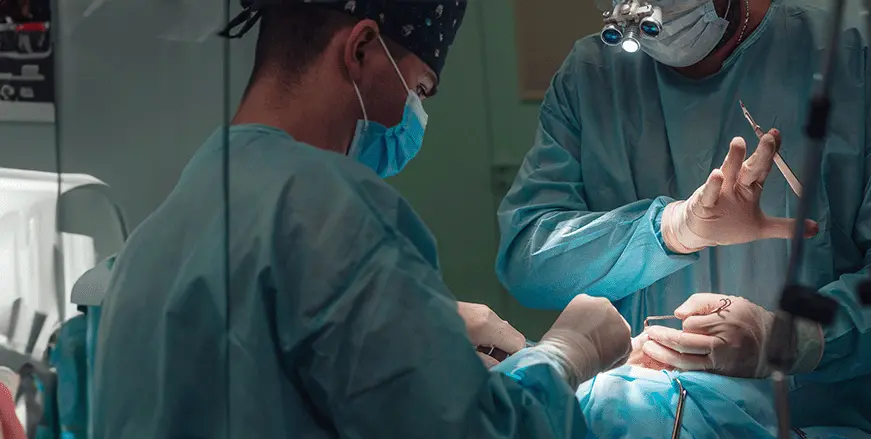Meniscus Tears: Your Complete Guide to Treatment Abroad and Recovery Essentials

Understanding Meniscus Injuries: What You Need to Know
Introduction
Meniscus injuries are a common concern, particularly among athletes and individuals engaged in physically demanding activities. This guide aims to shed light on the important questions surrounding meniscus injuries and the treatment options available.
Understanding the Meniscus and Its Importance
The meniscus is a crucial cushion and stabilizer in your knee joint. Damage to the meniscus can result in symptoms like pain, swelling, and reduced knee functionality, seriously impacting your quality of life.
What are the Available Treatment Options for My Condition?
Meniscus injuries can range from minor tears to more severe ruptures. The appropriate treatment hinges on factors such as the type and severity of the injury, your age, and activity level.
-
Non-Surgical Treatment: Conservative management options like physical therapy and using a knee brace may be recommended for minor tears or those who lead a less active lifestyle.
-
Surgical Treatment: Surgical options, including meniscectomy or meniscus repair, may be advised for individuals with severe meniscus tears or those keen on returning to high-impact activities.

Is Surgery My Only Option, or Are There Alternative Treatments?
Meniscus repair or removal surgery is frequently recommended for significant tears that don’t respond well to conservative treatment. However, less severe injuries or lower activity levels may make non-surgical treatments like physical therapy adequate. As always, a detailed consultation with your orthopedic surgeon will help determine the most suitable treatment plan.
What Are the Risks Associated with the Surgery?
Like any surgical procedure, interventions for meniscus injuries come with inherent risks, such as:
- Infection
- Blood clotting
- Nerve damage
- Complications from anesthesia
- Further deterioration of the knee joint
What Kind of Physical Preparation is Required Prior to Surgery?
Before undergoing surgery, you may need to engage in physical therapy to strengthen the surrounding muscles and improve joint mobility. Imaging studies like MRI scans will be conducted to assess the severity of the damage. Some patients may also undergo a prehabilitation program to optimize surgical outcomes.
The Surgical Procedure
Meniscus surgeries are often performed arthroscopically, which involves using a camera and small instruments to repair or remove the damaged tissue. This minimally invasive technique offers quicker recovery times and less scarring compared to traditional open surgery.
What is the Expected Recovery Time?
Your recovery timeline will differ based on various factors including the type of procedure and your overall health. Generally, you can expect:
- 1-2 weeks: Limited mobility, use of crutches
- 3-6 weeks: Gradual return to daily activities
- 3-6 months: Return to more vigorous physical activity
What Kind of Post-Operative Care Will I Need?
After surgery, your care plan may include:
- Pain management techniques
- Regular physiotherapy sessions
- Follow-up evaluations to monitor your progress

When Can I Return to Work or Regular Activities?
Returning to work or regular activities depends on the nature of your job and how quickly you heal. For desk jobs, it may be as soon as a few weeks, whereas more physically demanding roles may require a longer recovery period.
How Will This Condition or Treatment Affect My Quality of Life in the Long Run?
Untreated meniscus injuries can lead to complications like knee arthritis. Surgery aims to prevent this by restoring the functionality of your knee, thus improving your quality of life in the long run.
Should I Seek a Second Opinion?
Given the potential complications and life-altering implications of surgery, it's always a good idea to seek a second opinion. A comprehensive evaluation from another orthopedic surgeon can provide additional perspectives on your condition and treatment options.
Thank you for trusting Quality Care Global as your resource for reliable, evidence-based healthcare information. We aim to support you throughout your healthcare journey, helping you make informed decisions every step of the way.

